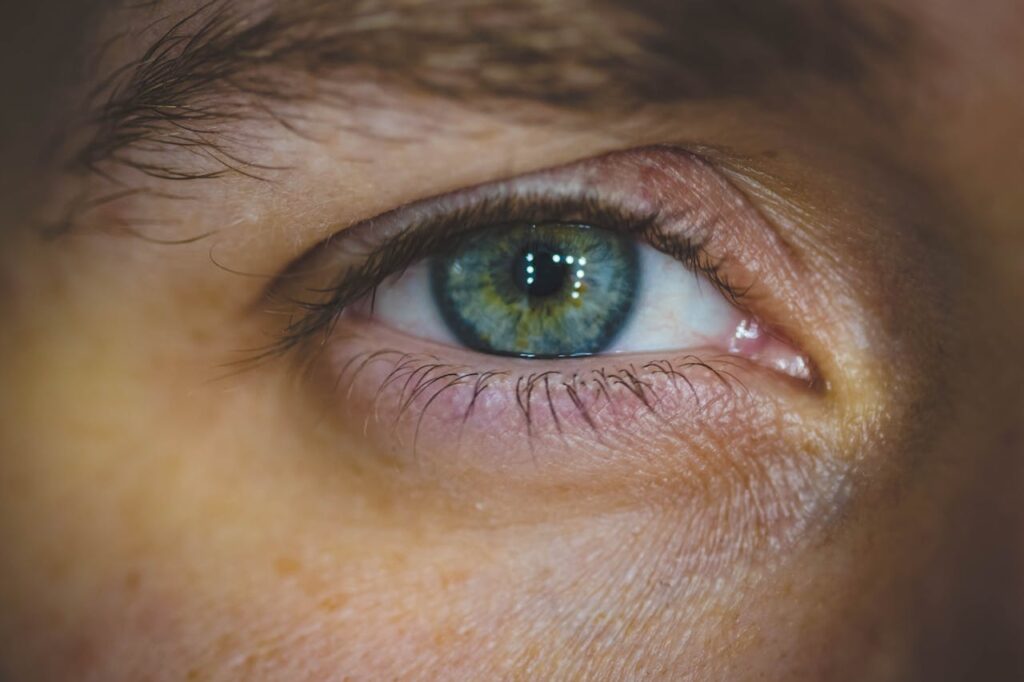
Your Health Magazine
4201 Northview Drive
Suite #102
Bowie, MD 20716
301-805-6805

More Vision & Eye Care Articles
How Your Vision Changes with Age – and What You Can Do About It

As we journey through life, our bodies undergo numerous changes, and our eyes are no exception. Vision, one of our most vital senses, evolves as we age. This transformation can influence our daily activities and overall quality of life. Understanding these changes and knowing how to address them can empower us to maintain optimal eye health.
The Natural Aging Process of the Eyes
The human eye is a complex organ that, like the rest of the body, is subject to the effects of aging. Various components of the eye change as we grow older, leading to alterations in vision. While some of these changes are inevitable, being aware of them can help us prepare and adapt.
One of the first noticeable changes often occurs in the lens of the eye. With age, the lens loses some of its flexibility, making it harder to focus on close objects. The pupil also responds differently as we age. It becomes smaller and less responsive to changes in lighting conditions, which can make it challenging to see well in dim or overly bright environments.
Common Age-Related Vision Conditions
Cataracts are one of the most common conditions associated with aging eyes. They occur when the eye’s lens becomes cloudy, leading to blurred vision. Another condition is age-related macular degeneration (AMD), which affects the macula, the central part of the retina responsible for sharp vision. Glaucoma, a group of eye diseases that damage the optic nerve, is another concern for aging eyes. It is often associated with increased pressure in the eye and can lead to vision loss if not managed properly.
Maintaining Eye Health as You Age
First and foremost, scheduling regular eye exams is essential. Comprehensive eye exams can detect early signs of eye conditions before they significantly impact vision.
A balanced diet rich in nutrients can also support eye health. Foods high in omega-3 fatty acids, vitamins C and E, zinc, and lutein can help maintain healthy eyes. Leafy green vegetables, fish, nuts, and citrus fruits are excellent choices to incorporate into your diet.
Protecting your eyes from harmful UV rays is another important measure. Wearing sunglasses that block 100% of UV rays can prevent damage to the eyes and reduce the risk of cataracts.
Practical Solutions for Vision Changes
For those experiencing presbyopia, reading glasses or bifocal lenses can help. If glasses are not preferred, multifocal contact lenses, available from providers like https://www.contactlenses4us.com/, offer an alternative solution. These lenses allow for clear vision at various distances without the need for multiple pairs of glasses.
For more significant conditions like cataracts, surgery may be recommended. Cataract surgery involves replacing the cloudy lens with an artificial one, restoring clear vision. This procedure is common and typically has a high success rate, greatly improving the quality of life for those affected.
Ultimately, staying informed and proactive about eye health is key to managing vision changes as we age. By understanding the natural progression of vision and exploring available solutions, you can continue to enjoy a full and active lifestyle with clear sight.
Please note: This article is a paid advertisement
Other Articles You May Find of Interest...
- Is Your Vision at Risk? Discover the Importance of the AMD Eye Test
- Cataract Surgery Cost: What Patients in Bihar Should Know
- Cataract Surgery Cost: What Patients in Bihar Should Know
- Effective Solutions for Eye Irritation Relief
- How to Effectively Treat a Hordeolum Externum and Get Rid of Styes
- Effective Solutions for Managing Macular Degeneration Treatments
- Prescription for Contacts Vs. Glasses: Are They the Same?














